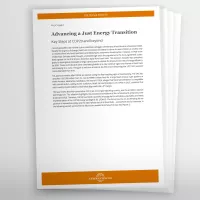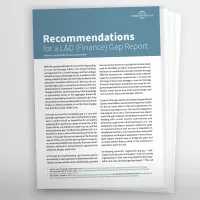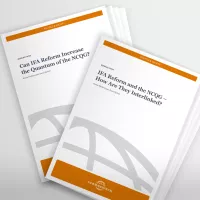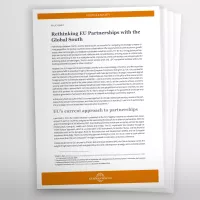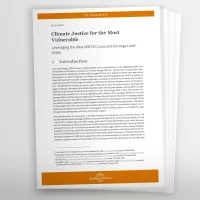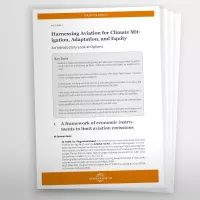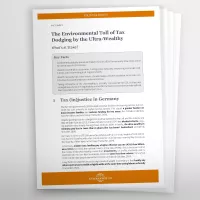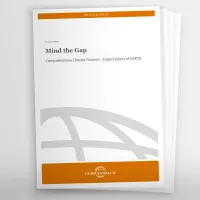
Floods, heatwaves, and record temperatures have seen the climate crisis reach a new peak in 2024. However, there have also been positive signs. The energy transition, for example, is gaining momentum across the world, forward-looking technology such as energy storage systems and heat pumps are becoming increasingly competitive, and the demand for coal, oil, and gas could soon fall. Nevertheless, political measures need to be implemented quickly to achieve the Paris Agreement goals. The policy paper answers the most important questions about the UN climate talks and makes clear what Germanwatch expects from the negotiations.

